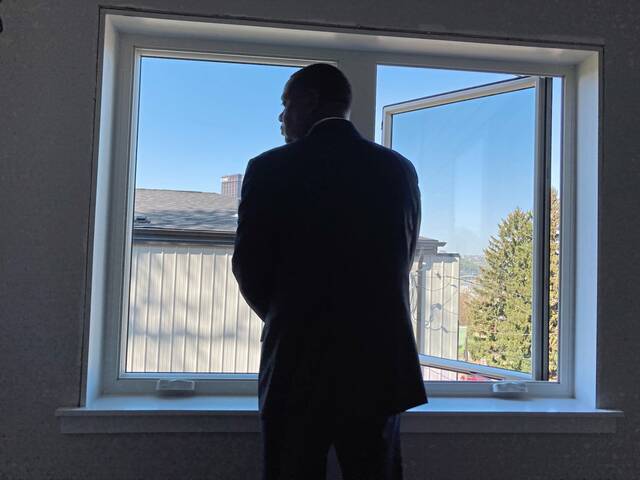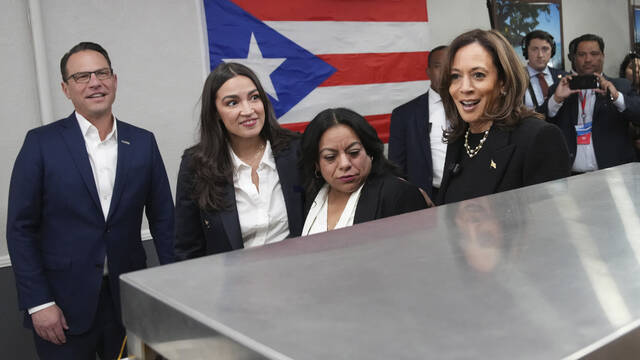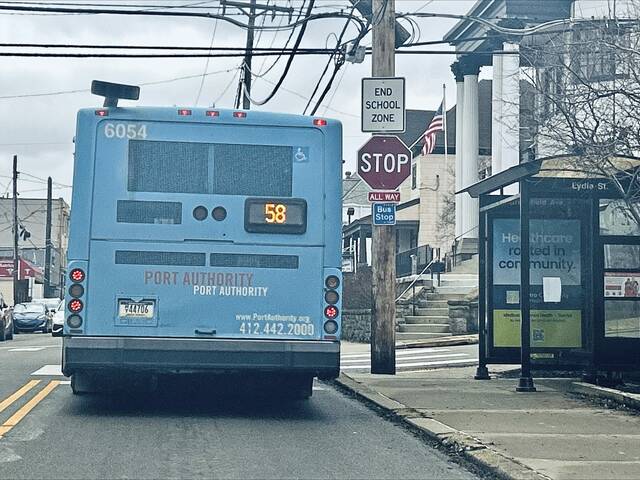On Wednesday, Pittsburgh City Councilwoman Erika Strassburger introduced a surprise amendment to the inclusionary zoning bill that has been debated in Pittsburgh City Council for months. This proposed amendment would gutthe bill. Instead of requiring developers of buildings with over 20 housing units to include at least two units of affordable housing, Strassburger is proposing to let developers decide if they want to include affordable housing in their developments through subsidies and incentives.
The change is simple, but stark — moving affordable housing from a requirement to an option.
The conversation around inclusionary zoning has been happening for over a decade in Pittsburgh. It began when the Affordable Housing Task Force, created by Mayor Bill Peduto, showed how Pittsburgh at the time had a shortage of 17,000 affordable homes and recommended inclusionary zoning for neighborhoods with increasing development. Since 2015, at least three reports under different mayoral administrations have recommended inclusionary zoning as a critical part of our city’s affordable housing strategy. And a poll from earlier this year showed over 70% support among Democratic voters for inclusionary zoning.
Ensuring that every new large development includes at least some affordable housing sends a message about what kind of city we want to be. A mandatory policy ensures everyone is included in growth and that when Pittsburghers see a crane in their neighborhood (because remember, this policy is only for buildings with more than 20 housing units), they know there will be housing opportunities for people across income levels.
For the last year, a broad coalition of housing justice advocates have organized with urgency and vision to address the housing affordability crisis in the City of Pittsburgh. Hundreds of organizations and individuals spoke at City Planning, commemorated the 10 year anniversary of the mass displacement at Penn Plaza, and addressed City Council in favor of citywide inclusionary zoning. We have spent countless hours in good-faith negotiations with Strassburger, looking at the data and weighing changes to the proposed housing policy to alleviate each and every concern raised by her and by developers.
In contrast, only a tiny handful of developers — led by Walnut Capital — have opposed inclusionary zoning. And these developers have never been good-faith partners, filing lawsuits, hiding their data and misrepresenting the content of the legislation by threatening that any inclusionary zoning policy, no matter the details, will be the end of all development in our city.
When Strassburger tried to rush through her developer subsidy bill last week, she made a choice about her priorities. Any policy is about balancing competing interests, and on Wednesday morning the councilperson demonstrated that, in that moment, the comfort and profits of our city’s largest developers were more important than the affordability of our homes.
Strassburger’s bill is expected to come back in front of City Council this week. If she doesn’t want to be remembered as the person who killed inclusionary zoning, there will need to be major changes. And the choice is hers.
Alex Wallach Hanson is executive director of Pittsburgh United.








